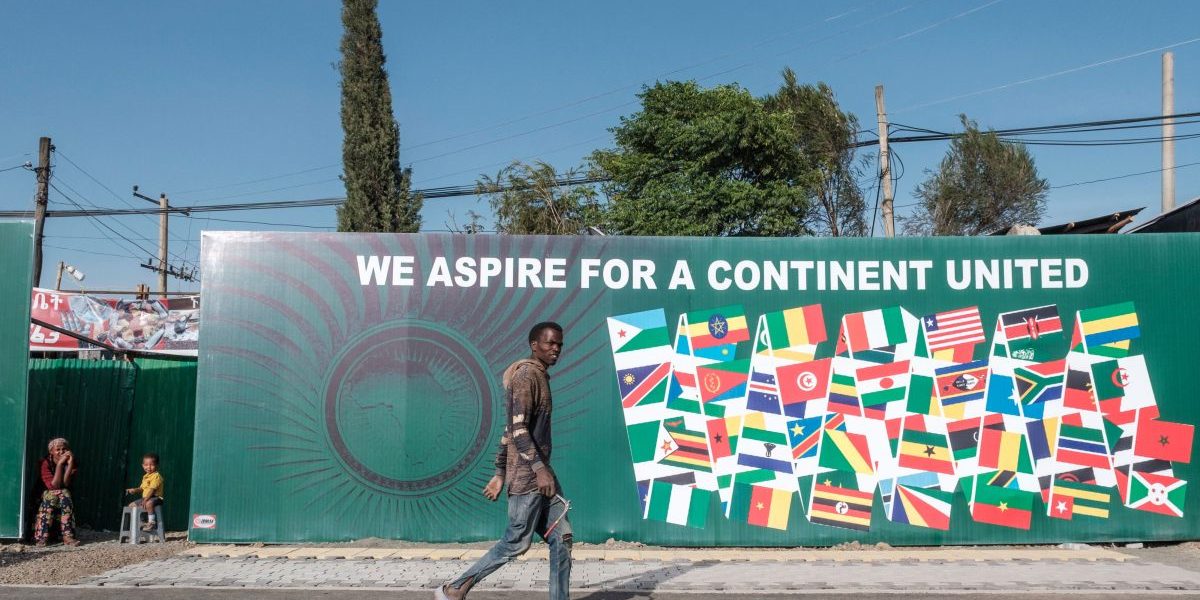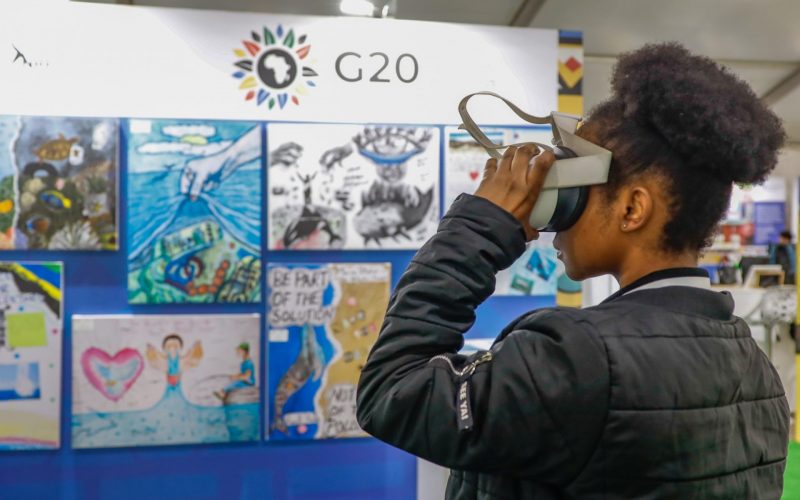Elections and Governance
Eighteen African countries are slated to hold elections of one sort or another this year, in what will undoubtedly be a measure of the continent’s commitment to democratic governance. Some elections to watch keenly include Angola, Kenya, Libya and Senegal. States such as Chad, Guinea, Mali and Sudan are still dealing with the aftermath of coups d’état that occurred in the last 18 months. These messy takeovers have fuelled instability in the Maghreb, East Africa and the Horn. The African Union and the Economic Community of West African States (ECOWAS) are pushing for military leaders in these states to commit to civilian transitions by holding elections this year.
The Southern African Development Community (SADC) recently intervened in eSwatini to establish and oversee a national dialogue process after months of violent clashes between pro-democracy protestors and security forces. It will be important to watch how this unfolds in the coming months, and whether long-standing demands from opposition groups and activists for wider democratic reforms in Africa’s last absolute monarchy will be met.
The African Peer Review Mechanism – a continental good governance monitoring and promotion tool – is striving for universal accession by 2023. Currently, 41 of Africa’s 55 states are voluntary members.
Steven Gruzd
Security
Intra-state conflict, terrorism, and unconstitutional changes of government are three of the biggest security issues in Africa to monitor in 2022. These are ongoing concerns, and the continental response (especially that of the AU Peace and Security Council (PSC)) to these threats will be closely observed. Deeper underlying governance issues are often at the heart of these events, and it is important that this link is made. Countries to watch following military coups in 2021 include Mali, Sudan and Guinea. Chad is also of interest following a military government takeover after the death of president Idriss Déby in April last year. The PSC approved an 18-month plan to return the country to civilian rule; it will be important to monitor its implementation. Ethiopia, where intra-state conflict is threatening regional stability, also remains on the watchlist this year.
In Mozambique, a regional military operation has been launched to help fight terrorism in the Cabo Delgado province. Terrorism and violent extremism also threaten stability in other regions. West Africa, the Lake Chad Basin region (Boko Haram is especially active here), the Horn of Africa, the Sahel, and East Africa are all at risk. Counter-terrorism efforts will require greater attention to defence spending and improved utilisation of continental early warning systems. The APRM is one such tool. Rising extremism is often linked to poverty, unemployment, and other underlying governance issues. Counter-terrorism therefore also requires that governments address socio-economic development issues.
Isabel Bosman
Climate change
Global efforts to address climate change continue to fall short of what is required to keep the Paris Agreement temperature goal well below 1.5 degrees Celsius. Last year’s global climate negotiations (COP26) resulted in some gains, for example around financing for adaptation and curbing deforestation. Also significant was the $8.5 billion deal announced to support a just transition in South Africa. Yet commitments to curb greenhouse gas emissions remain insufficient, as do financing commitments to help developing countries to adapt to climate change.
Egypt will host COP27 this year. Billed as the ‘Africa COP’, the region will be seeking opportunities throughout the year to secure meaningful commitments to its agenda. Africa has long been clear about its climate priorities – the region needs financing to support adaptation, as well as technology transfer and other forms of support. Africa is acutely aware of the need for climate action, but such action should also support the region’s development and industrialisation ambitions. That will require skills and capacity development, green jobs and investment. In 2022 Africa will be pushing for concrete action and more ambitious commitments around climate finance, the just transition, supporting enhanced energy access and a ‘green recovery’ as the region grapples with the social and economic fallout of the COVID-19 pandemic.
Alex Benkenstein
China-Africa relations
The trajectory of Africa-China relations for the next decade was set by the Forum on China-Africa Cooperation (FOCAC) Ministerial Meeting last November, where the Dakar Action Plan and the FOCAC China-Africa Vision 2035 were adopted. These commitments point to strengthening China-Africa co-operation on existing key areas like investment and peace and security, while sharply increasing imports from Africa. I expect 2022 will see measures to boost especially agricultural imports from the continent.
On the political side, China is gearing up for its next Communist Party Congress scheduled for the second half of 2022. It is widely expected that President Xi Jinping will officially enter his third term, following the 2018 decision to abolish term limits. This is a significant departure from precedents set and will signal the start of a new era. His new cabinet appointments will give clues to China’s future relationship with the Global South, where we’ll likely see greater political and technological cooperation, even as China pulls back on infrastructure funding.
In Kenya, the country’s steep debt to China is expected to be a hot election issue. The Uhuru Kenyatta government refuses to disclose the details of a multi-billion dollar rail contract with China, amid widespread perceptions of corruption. Kenya’s elections in August could reveal popular reactions to both the debt and corruption issues.
Cobus van Staden








